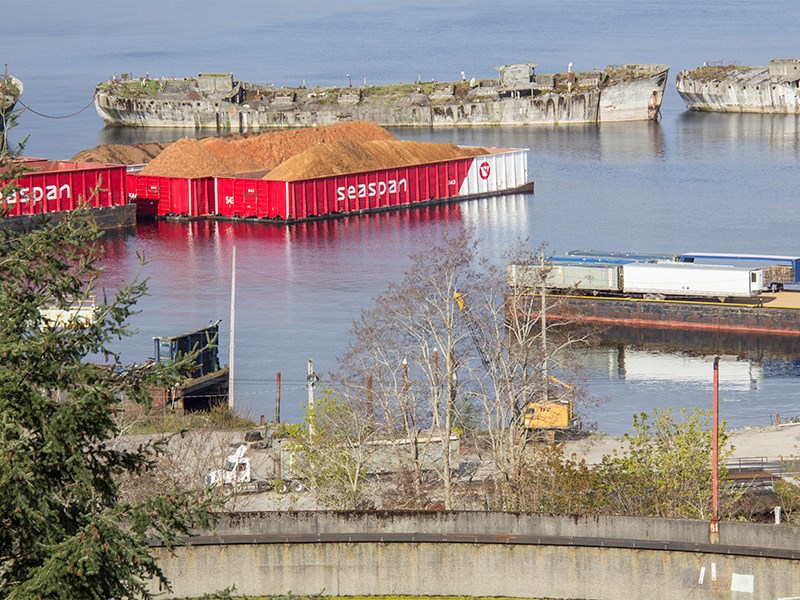An agreement for the creation of a BC New Democratic Party and BC Green Party government includes, among other things, a promise to incrementally step up the provincial carbon tax. The NDP/Green plan would see BC’s carbon tax increase from its current $30 per tonne to $50 per tonne in 2021.
City of Powell River mayor Dave Formosa has spent much of his political career advocating for Catalyst Paper Corporation and said increasing the tax will make it more difficult for the company to turn its Powell River operations around.
“For Catalyst, the increase in carbon tax is just another hurdle; just another expense to keep them away from profitability,” said Formosa.
The plan also calls for rebate cheques to be issued to subsidize lower and middle-income residents and the carbon tax to no longer be revenue-neutral. Instead of providing tax breaks, it will invest a portion of the money collected into carbon-reducing programs and encourage a clean technology sector.
Powell River-Sunshine Coast MLA Nicholas Simons said it is premature to discuss what could happen with the carbon tax. He added that the NDP will always to try to determine how to ensure businesses can operate in a way that satisfies the needs of communities.
“We’re going to work with all the different stakeholders and maintain open communication,” said Simons. “The BC Liberals were in power for 16 years and some people just have difficulty adjusting to change.”
Formosa led a lobbying effort last winter with several other BC mayors to have the provincial government lift the collection of sales tax on industrial electricity, a move that would have freed up approximately $9 million per year for Catalyst. This would have put the company in a better position to retool its three mills in the province, furthering its ability to develop new paper-based products to sell, said Formosa.
It is estimated Catalyst pays $9 million in direct carbon taxes and another $8 million indirectly in payments to shippers that also pay the tax.
A $5 increase in the carbon tax equates to approximately $1.5 million in added annual operating cost for Catalyst, said Formosa.
Catalyst Paper Corporation declined to comment on how the increase in carbon tax might affect its operations.
LafargeHolcim Canada spokesperson Jennifer Lewis said the increase in tax would affect its Richmond cement plant primarily, but also create an economic ripple effect for its Texada Island limestone quarry.
“Cement manufacturing is an energy-intensive, trade-exposed business,” said Lewis. “That means when the carbon tax goes up, our ability to compete goes down.”
Formosa said he is worried about BC companies being at a disadvantage to other jurisdictions that have either a lower carbon tax rate or none at all.
“If BC cranks up the carbon tax but Ontario, Quebec and other provinces don’t, then our industries are at a disadvantage,” said Formosa.
Federal environment minister Catherine McKenna announced last month the Canadian government will impose a federal tax on provinces that do not have pricing on carbon by 2022 at $50 per tonne of CO2 equivalent.



